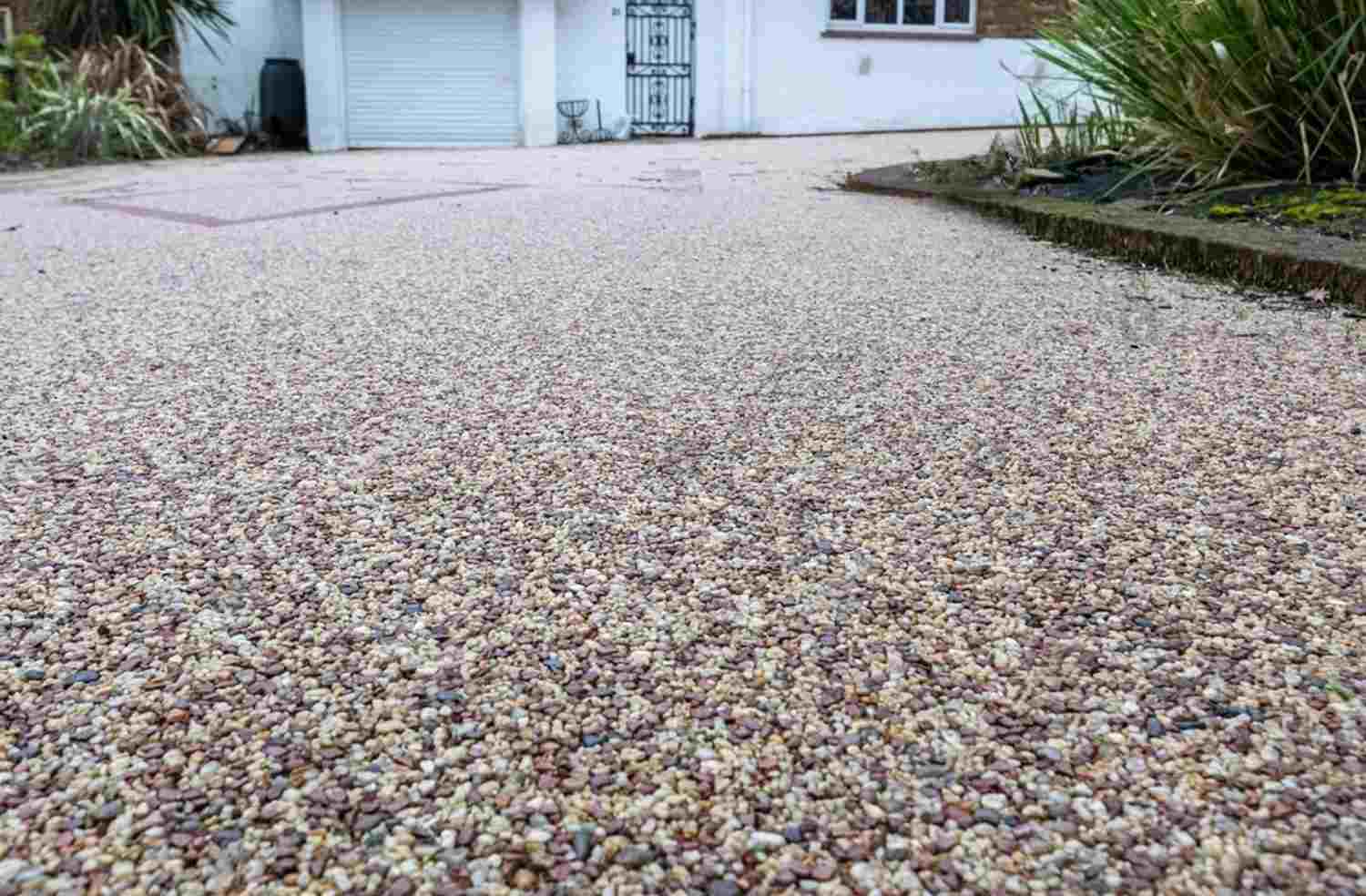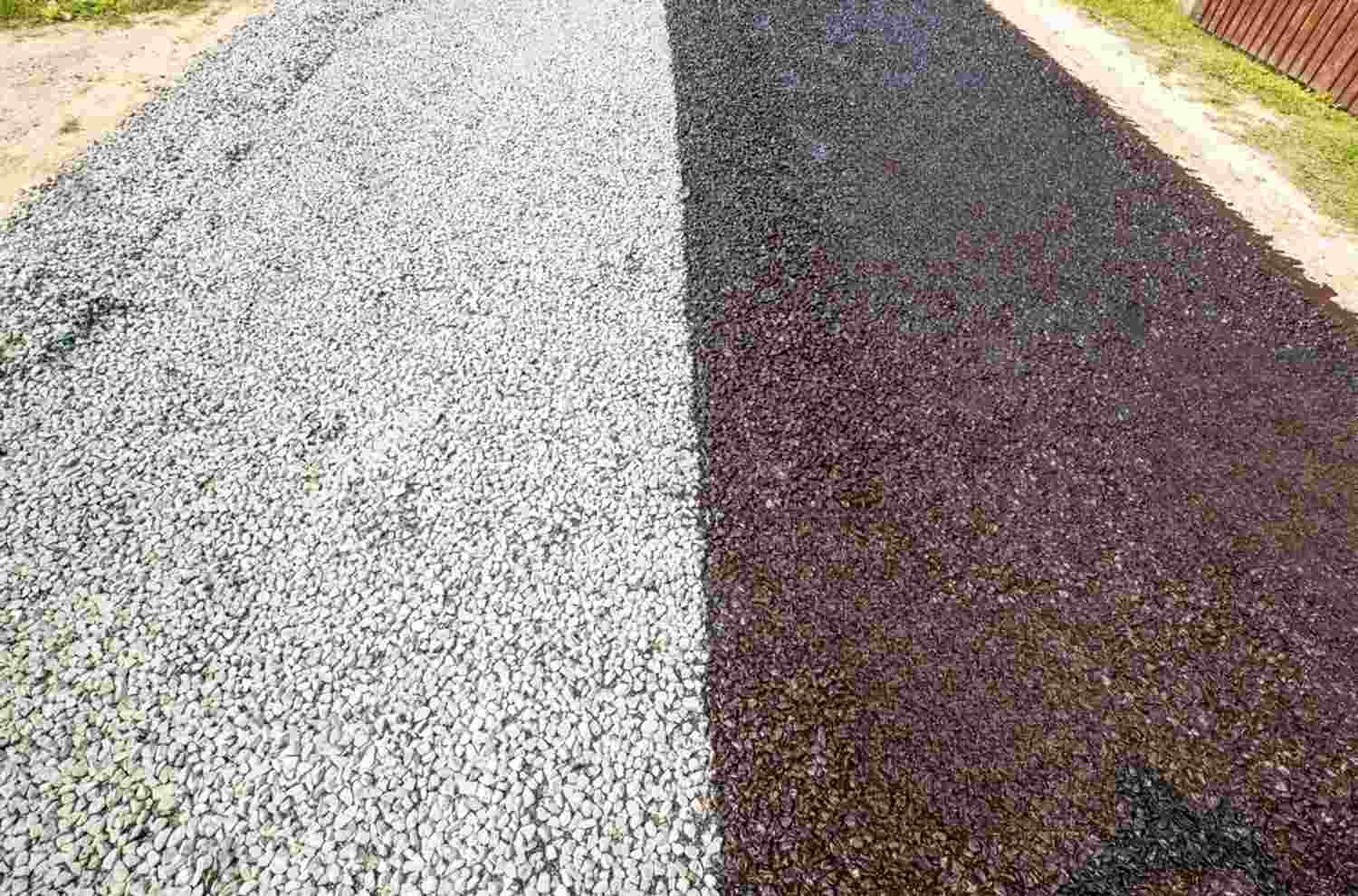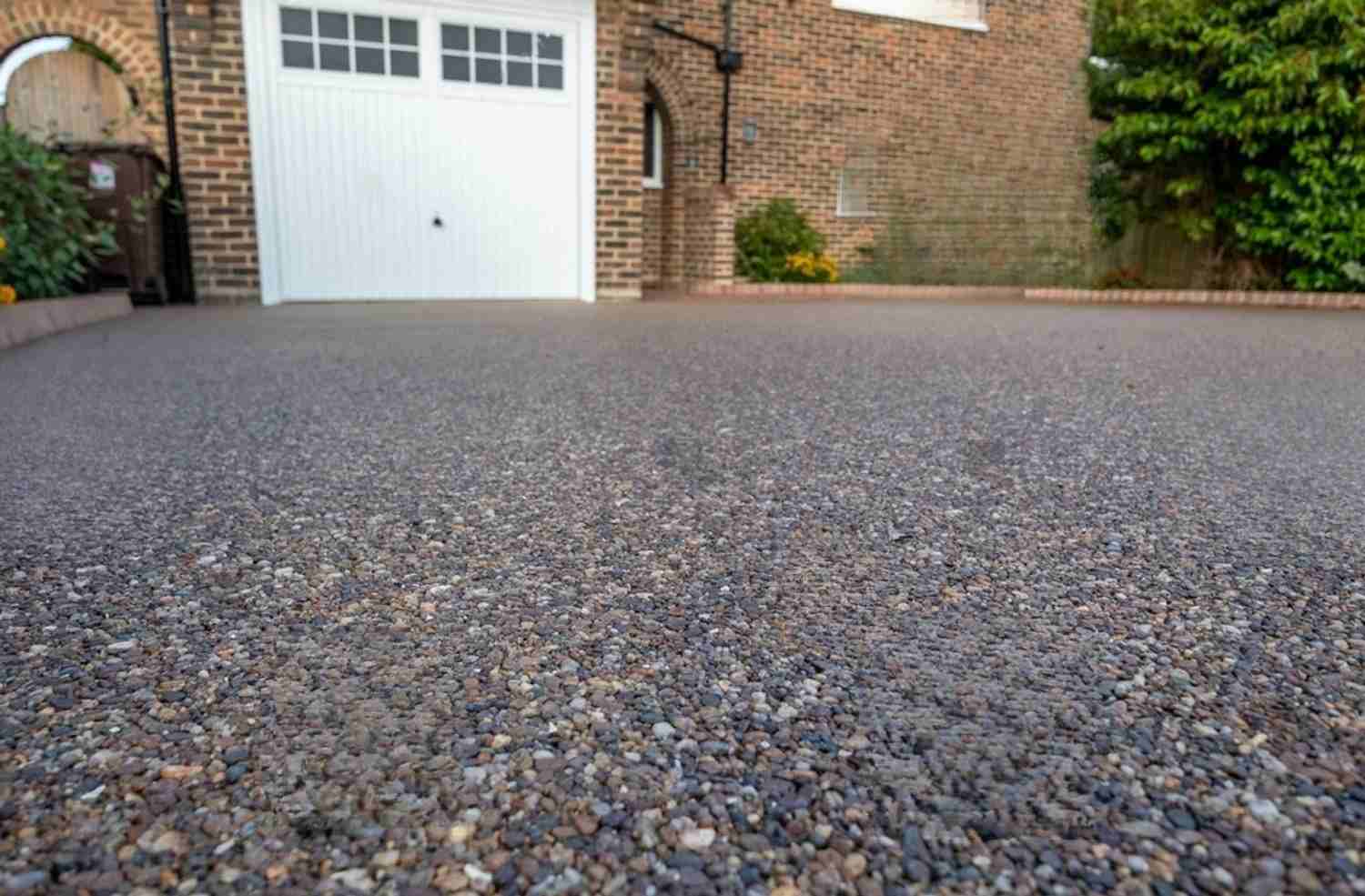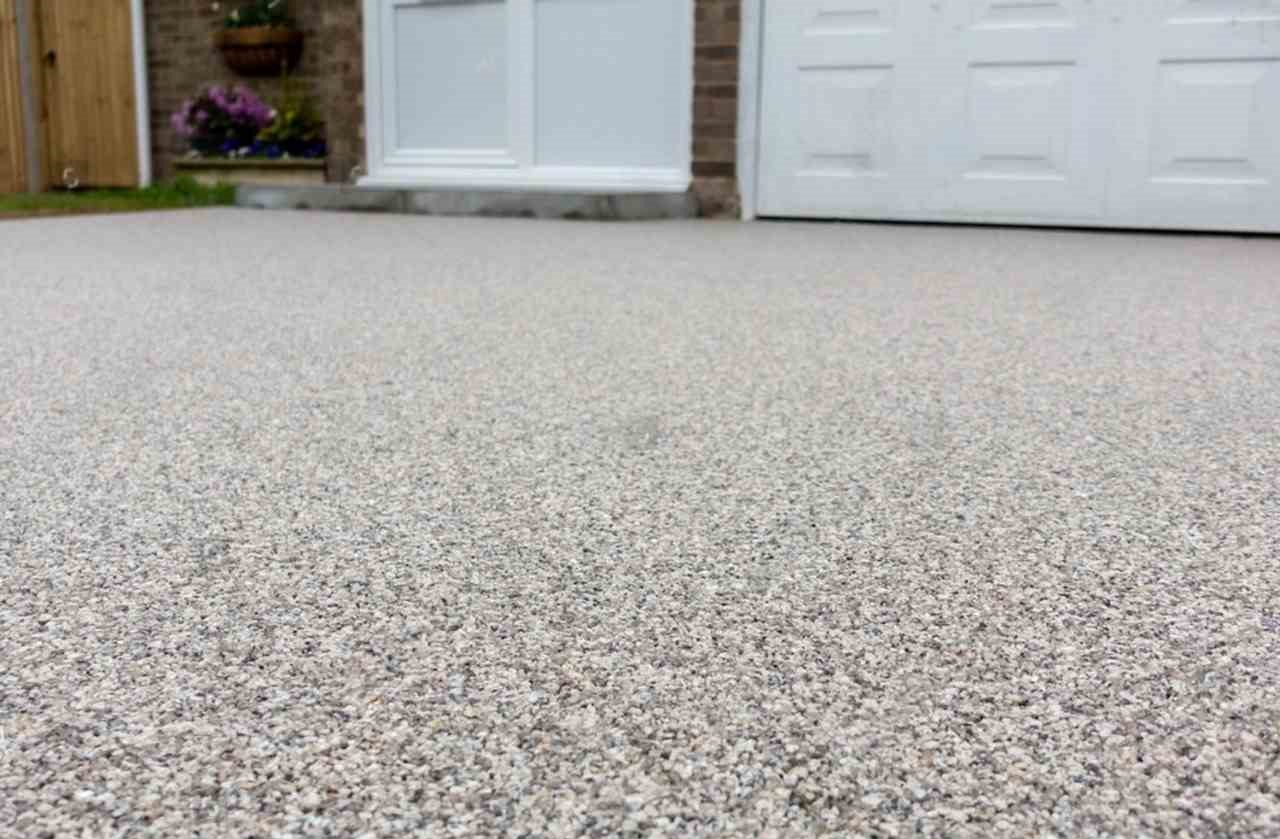Decoding Resin Permeable Driveways
Resin is commonly known for its impermeability, lacking gaps or pores conducive to water flow. Hence, it’s not the primary choice for constructing permeable driveways or surfaces aimed at water infiltration.
Yet specialised resin variants exist, though they are less prevalent and offer limited permeability. However, they’re overshadowed by more commonly used porous materials like concrete, asphalt, interlocking pavers, or gravel. Keep reading this blog to learn more about permeable resin driveways.
What Makes Permeable Resin Driveways Functional?
Permeable resin driveways boast a seamless surface that effectively allows water to infiltrate. This mitigates issues like waterlogging and flooding, particularly beneficial in areas prone to heavy rainfall. What sets them apart is their built-in drainage system, which ensures water doesn’t accumulate in puddles. Additionally, these driveways facilitate swift water absorption, preventing stagnant water buildup.
Types of Permeable Driveways
Permeable paving offers various options for managing water runoff effectively.
Permeable Concrete
This concrete mix, incorporating stones, doesn’t require a gravel or sand base due to its high porosity. It absorbs water slowly, reducing runoff and pooling, making it more efficient than standard concrete. Though less permeable than some alternatives, it still enhances walkways.
Interlocking Pavers
These pavers, like bricks, feature small gaps that allow water drainage without hindering pedestrian or wheeled traffic. The pavers themselves need not be permeable; it’s the spaces between them that count. Offering abundant design choices, they complement architectural surroundings.
Porous Asphalt
Similar to permeable concrete, porous asphalt has little openings that absorb water, almost indistinguishable from regular asphalt. It’s laid atop a stone bed, facilitating water absorption into the soil. It is ideal for parking lots and similar spaces.
Permeable Aggregate
Simple yet effective, permeable aggregate like gravel is excellent for driveways or soil protection. Covering soil and plant roots allows water to drain, nourishing plants without the need for elaborate structures. It’s a durable alternative to traditional methods, offering easy maintenance and longevity.


Why Consider Permeable Driveways?
Consider permeable driveways for these compelling reasons:
- Improving environmental quality.
- Preventing large puddles and rapid water flow.
- Promoting better water storage and infiltration into the ground.
- Mitigating the spread of urban pollutants.
- Reducing the volume of water entering drainage systems.
- Lessening the risk of flooding and strain on infrastructure.
- Supporting sustainable water management.
Benefits of Porous Resin Driveways
Permeability
Resin-bound surfacing facilitates water penetration, minimising the occurrence of water pooling or runoff. This feature effectively manages rainwater, alleviating pressure on local drainage systems.
Durability
Resin-bound surfaces boast remarkable durability, enduring heavy usage and vehicular traffic without succumbing to cracks, fading, or stains. This longevity makes them an excellent choice for driveway surfacing.
Aesthetics
Permeable resin-bound paving offers an attractive surface with a smooth and uniform appearance. The array of available aggregate colours and textures allows for personalised designs, enhancing the visual appeal of your property.
Safety
The textured finish of a resin-bound driveway ensures excellent slip resistance, particularly in wet or icy conditions. Its frost-resistant nature enhances safety for both pedestrians and drivers.
Low Maintenance
Resin-bound paving demands minimal upkeep, necessitating occasional cleaning to remove debris and periodic reapplication of a protective sealant.
Weed Resistance
The surface of resin-bound driveways deters weed and plant growth, minimising the need for weed control and maintenance efforts.
Flexibility
Resin-bound driveways can be installed over existing surfaces like concrete or asphalt, mitigating the need for extensive excavation. This versatility caters to both new installations and refurbishments.
SUDS Compliance
Opting for a resin-bound system ensures compliance with Sustainable Urban Drainage Systems (SUDS), presenting a superior alternative to resin-bonded paving solutions.
Drawbacks of Permeable Resin Driveways
- UV exposure can cause premature fading in resin driveways.
- Routine cleaning is necessary to prevent mould and algae growth.
- Proper installation depth is crucial to prevent cracking.
- Moss can be removed with a stiff broom, but lighter colours may be prone to staining.
- Not suitable for heavily trafficked areas, as excessive activity can cause lifting.
Acts and Regulations of Installing Permeable Resin Driveways
Resin Bound Driveways Planning Permission
Resin-bound driveways, being permeable and SUDS compliant, typically do not necessitate planning permission. The surface allows rainwater to permeate, reducing runoff onto roads.
Resin Bonded Driveways Planning Permission
In contrast, resin-bonded driveways, being impermeable, require planning permission. Their non-porous nature can lead to overwhelming drains during heavy rainfall, potentially causing flooding. Thus, seeking planning permission is essential for installing a resin-bonded driveway.


Final Thoughts
In summary, grasping the details of permeable resin driveways is vital for smart property decisions. Although resin isn’t naturally permeable, certain versions have some permeability, competing with materials like concrete, asphalt, and gravel. Embracing eco-friendly water management and following rules can lead to a long-lasting, attractive driveway that adds value to your property.
